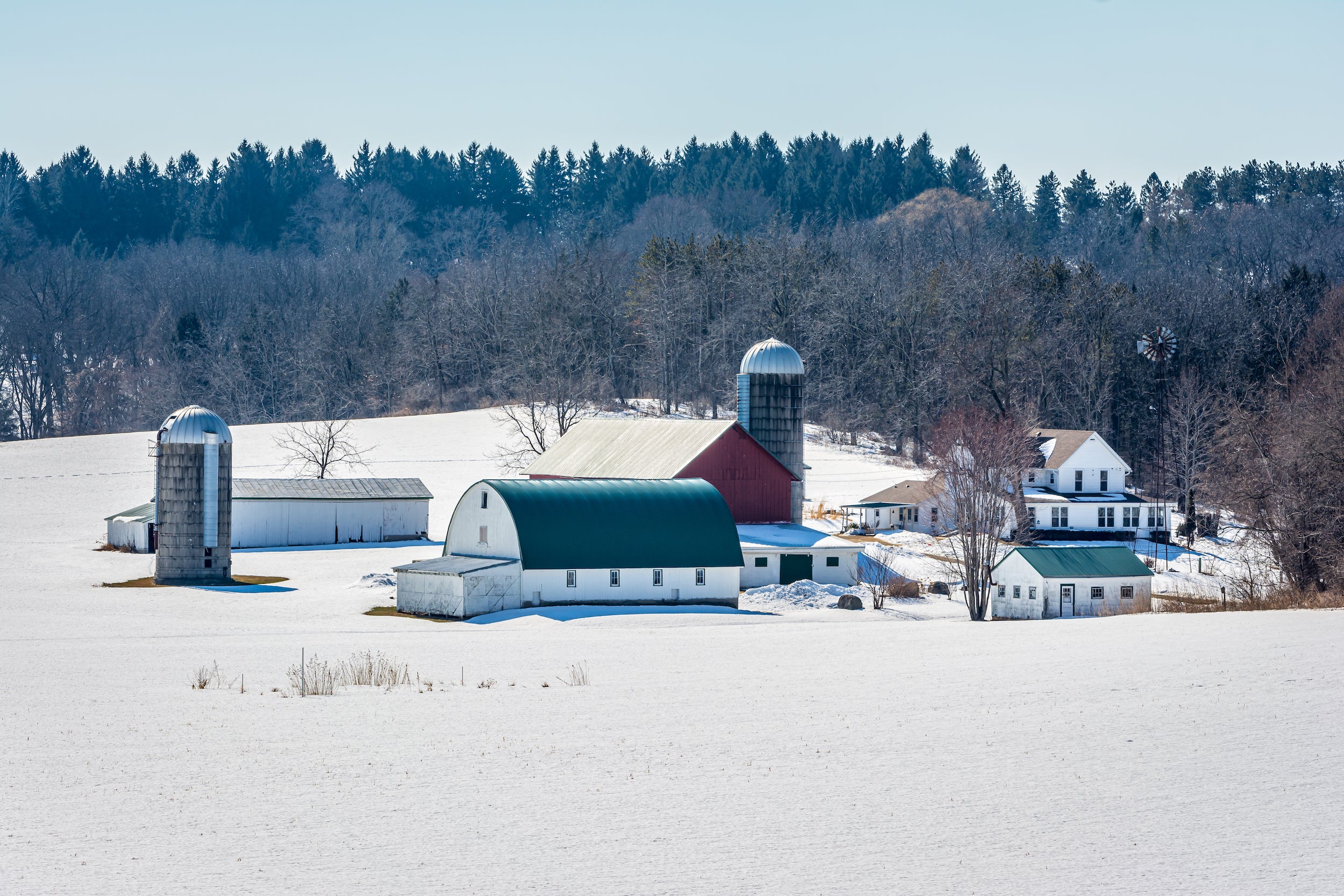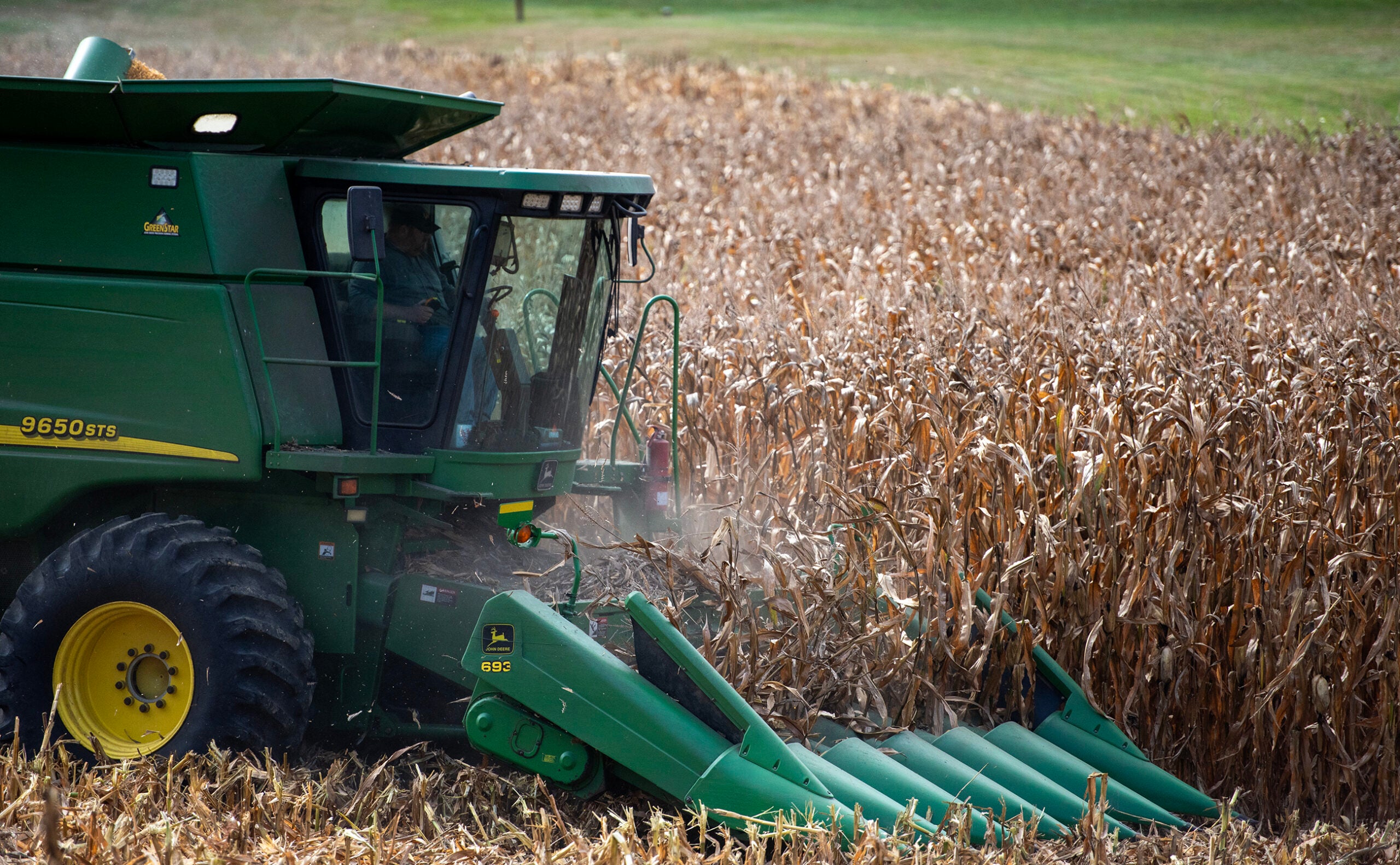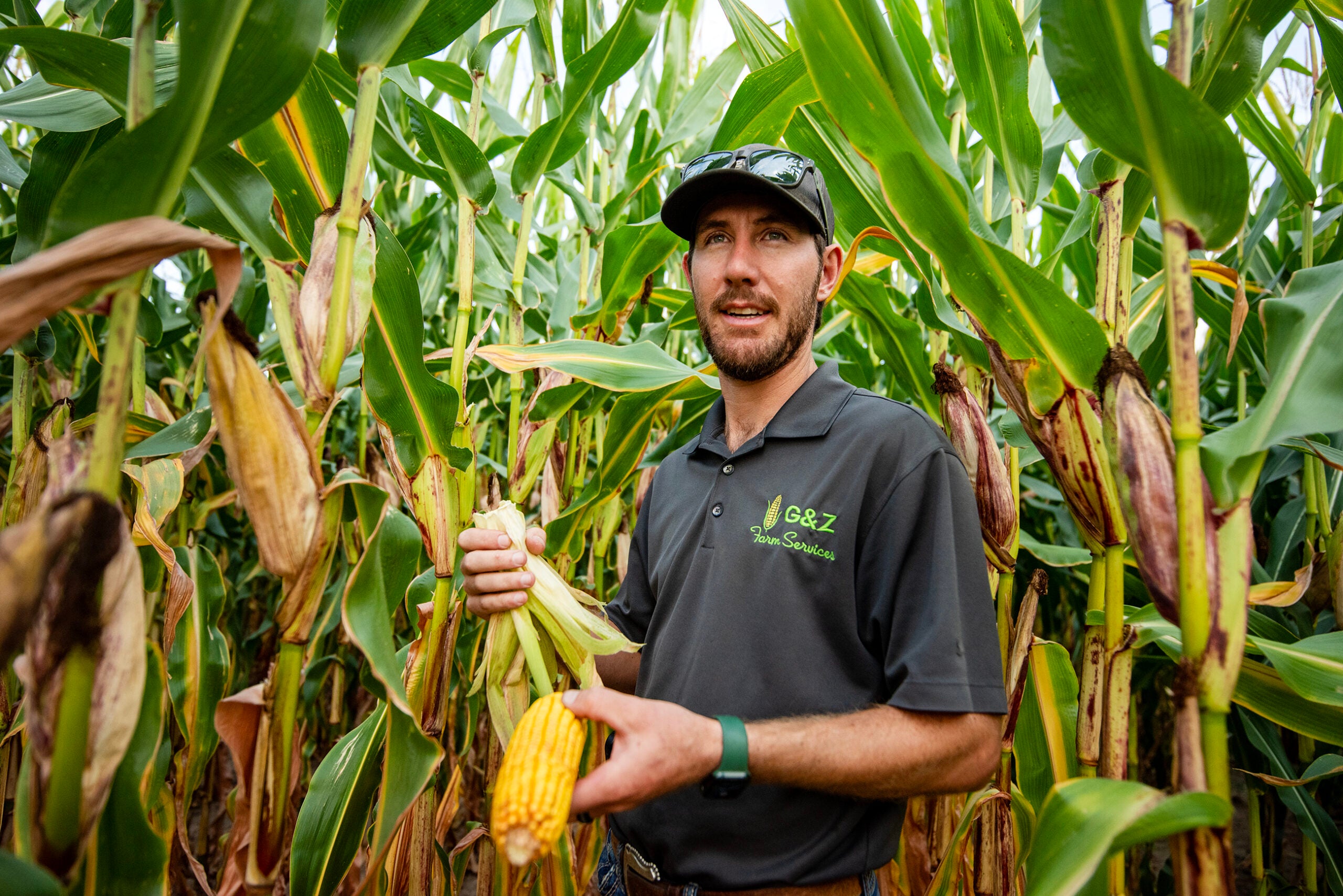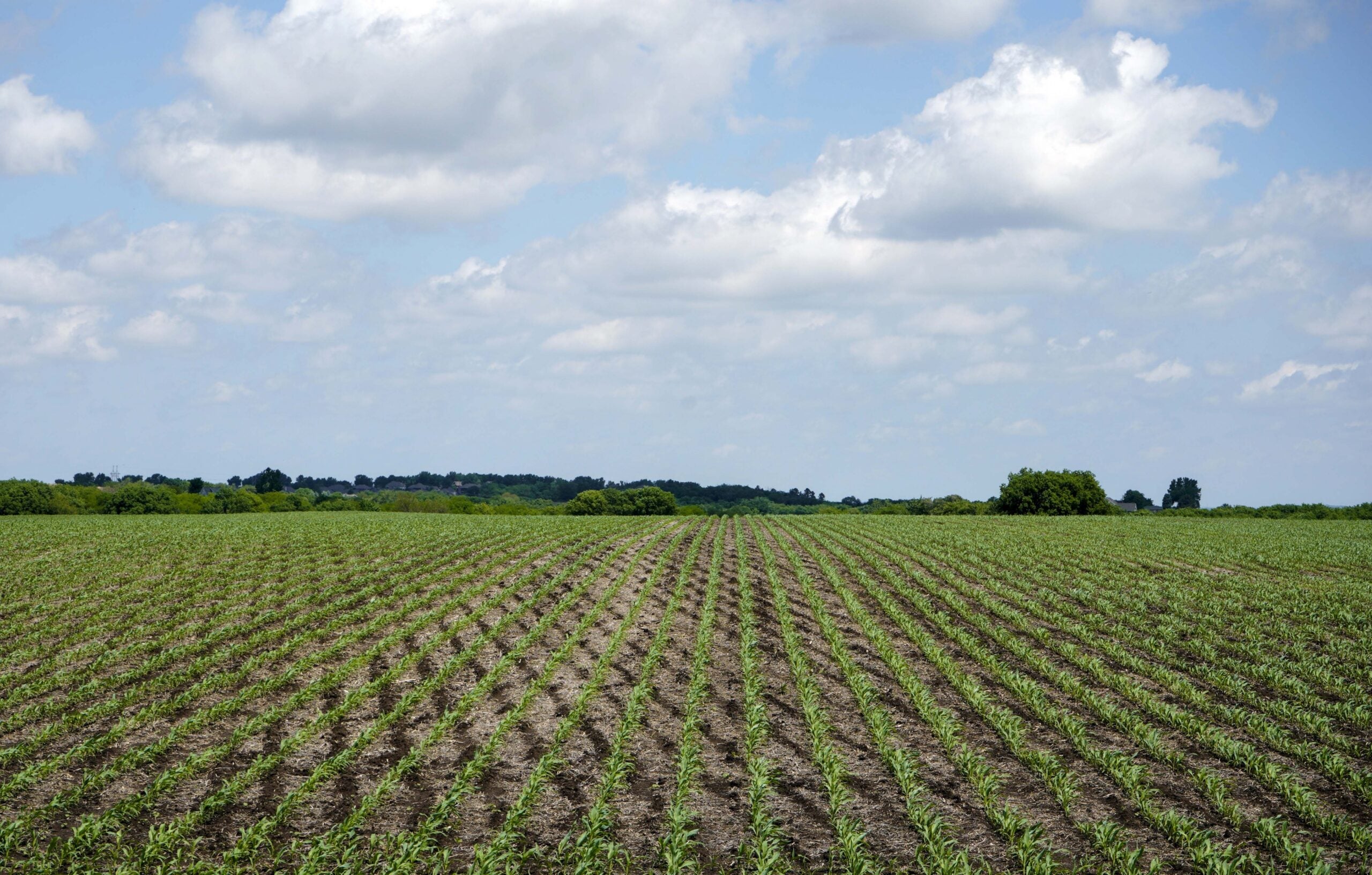After years of leading the nation in farm bankruptcies, the latest federal data shows Wisconsin has returned to more normal levels of new filings.
Federal court data shows Wisconsin only had 10 Chapter 12 bankruptcy cases filed in the 12 months before Sept. 30, 2022. Chapter 12 is a bankruptcy code that allows farmers who are carrying too much debt to reorganize their business and potentially have some of their debt forgiven.
The latest total is a 72 percent decline from the same period in 2021, when there were 36 new cases filed in the state. At that time, the western district of Wisconsin by itself was tied with Minnesota for highest number of cases in the nation.
News with a little more humanity
WPR’s “Wisconsin Today” newsletter keeps you connected to the state you love without feeling overwhelmed. No paywall. No agenda. No corporate filter.
In 2020, the same report showed 78 Chapter 12 filings, with western Wisconsin again leading the nation for the highest number of cases.
At the 2023 Wisconsin Agricultural Outlook Forum this week, Paul Mitchell, director of the Renk Agribusiness Institute at the University of Wisconsin-Madison, said part of the decline is likely from the U.S. Department of Agriculture’s move to stop past-due debt collections and farm foreclosures during the COVID-19 pandemic.
In January 2021, the USDA suspended adverse actions against borrowers with a direct loan from the Farm Service Agency and encouraged ag lenders that provide FSA guaranteed loans to provide more flexibility to producers.
John Driscoll, an attorney for Krekeler Law in Madison who represents farmers in Chapter 12 cases, said they’ve seen clients with government-backed loans be given substantial leniency from their lenders. He said lenders also didn’t want the negative public attention of filing foreclosures during the pandemic when many businesses were struggling financially.
“If there’s not that creditor pushing them into bankruptcy, even though it might be down the road and inevitable, if there isn’t a foreclosure being filed or if there’s not that trigger really pushing them to do so, you don’t see bankruptcies getting filed,” he said.
Driscoll cautioned that the Chapter 12 numbers also don’t capture all farm bankruptcies. His firm has been advising some farms to use a new type of Chapter 11 bankruptcy designed for small businesses that offers lower administrative costs than a Chapter 12. But Driscoll said new bankruptcy filings in general have declined in the last few years.
Mitchell said one of the biggest reasons farm bankruptcy filings are down is because the industry has been in a better financial position.
Many producers saw increased cash coming from the federal government through pandemic-related programs. Commodity prices across the industry, from corn to milk, and land values have also been going up.
“After two years of high income and increased land values, the average farmer is going into 2023 in a solid financial position, with their debts paid down, loans refinanced with lower interest rates, increased equity on their balance sheets from all those land value increases,” Mitchell said at the event. “Like I said, it’s a solid financial situation for the average farmer. Not every farmer, but the average farmer.”
But Driscoll and others who work in bankruptcy think that people leaving the industry during previous years of low prices have had an impact on current numbers.
“As these small farming operations get fewer and fewer, there’s just these large operations that are doing well and don’t need a bankruptcy,” he said.
With the end to most pandemic relief payments and increasing costs for producers, Driscoll said attorneys and judges have been anticipating an increase in foreclosures and therefore new bankruptcy filings. But he said it’s hard to know exactly when that will come.
“We’ve been anticipating it for a year and a half, two years, two and a half years,” he said. “So I would say that at some point, the foreclosures are going to have to pick up. But we also thought it would have happened by now.”
He said it’s likely that higher interest rates will have an impact on the real estate market and bring down the appraisal values of farms, which impacts farmers’ balance sheets and could lead to an increase in bankruptcies.
Wisconsin Public Radio, © Copyright 2026, Board of Regents of the University of Wisconsin System and Wisconsin Educational Communications Board.







